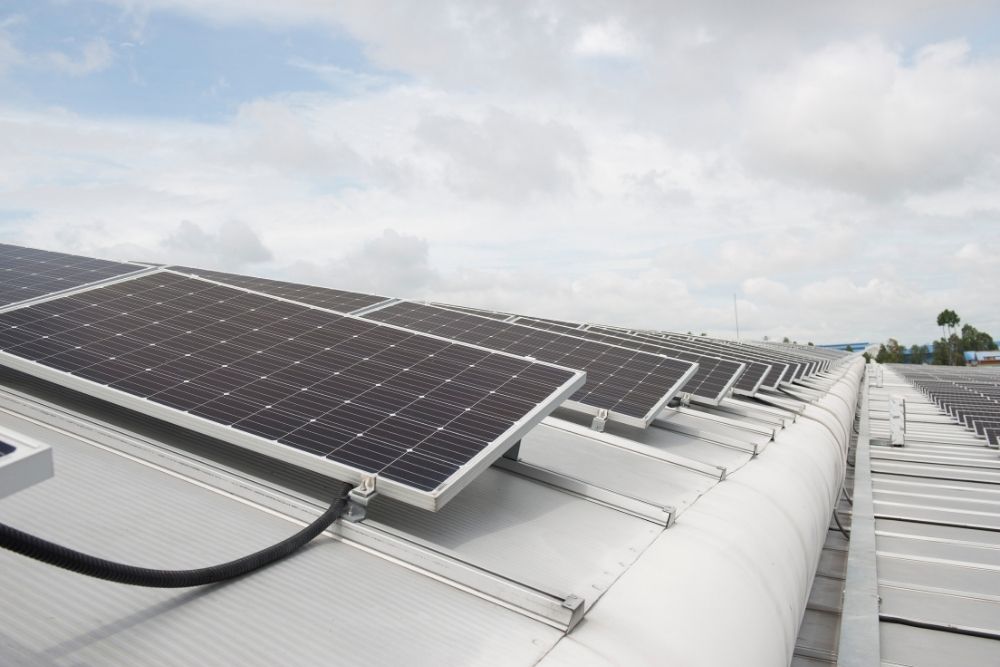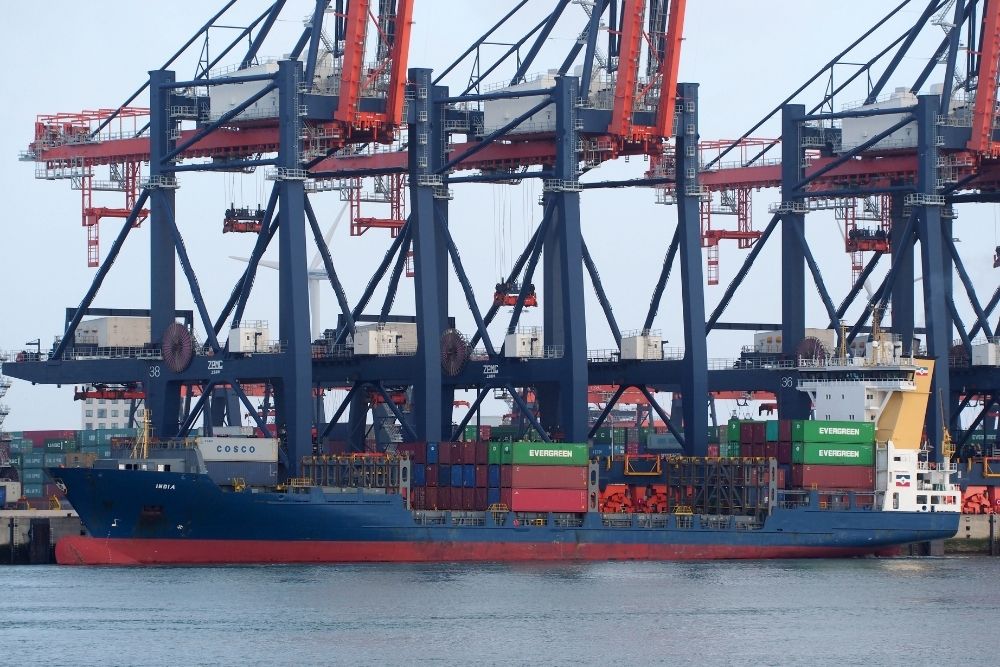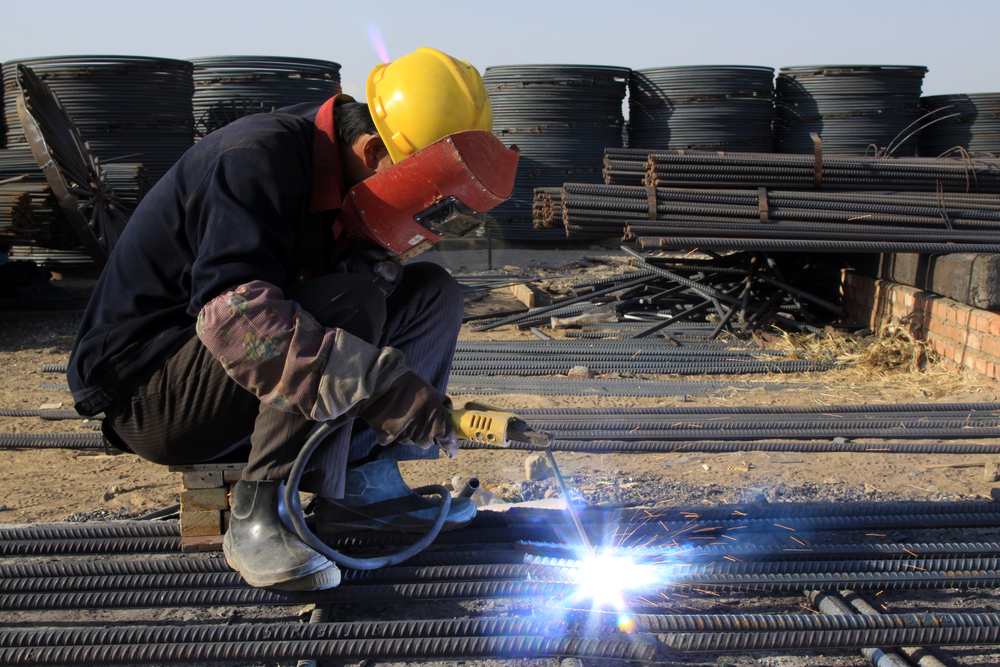U.S., EU discussing new tariffs focused on Chinese steel
- September 8, 2023
- Posted by: Quatro Strategies
- Categories: Europe, Mining & Metals, Sanctions & Regulation, United States
The United States and the European Union are reportedly in discussions to establish new tariffs aimed at addressing excess steel production, with a primary focus on imports from China that are believed to benefit from non-market practices.
While the scope of these measures, including other countries that may be targeted and the specific tariff rates, is still being deliberated, the aim is to curb the impact of steel overcapacity on global markets.
This initiative is part of the broader Global Arrangement on Sustainable Steel and Aluminum, a negotiation that has been ongoing between the EU and the Biden administration since 2021. The goal is to reach a comprehensive agreement within this framework by October 2023.
The 2018 imposition of tariffs by then-US President Donald Trump, which included a 25% tariff on steel imports and a 10% tariff on aluminum imports, was intended to protect domestic producers and led to a significant trade dispute with the EU.
However, in 2021, both parties decided to resolve this dispute and instead focus on the global arrangement. This arrangement aimed to allow limited volumes of EU-produced metals to enter the United States without tariffs while retaining the disputed tariffs on other imports.
The ongoing discussions aim to devise a more comprehensive approach to address steel overcapacity, particularly concerning imports from China. The precise details of these new tariffs and their potential impact on the global steel trade will depend on the outcomes of these negotiations.
Interested in learning more?
Sign up for Top Insights Today

Top Insights Today delivers the latest insights straight to your inbox.
You will get daily industry insights on
Oil & Gas, Rare Earths & Commodities, Mining & Metals, EVs & Battery Technology, ESG & Renewable Energy, AI & Semiconductors, Aerospace & Defense, Sanctions & Regulation, Business & Politics.



